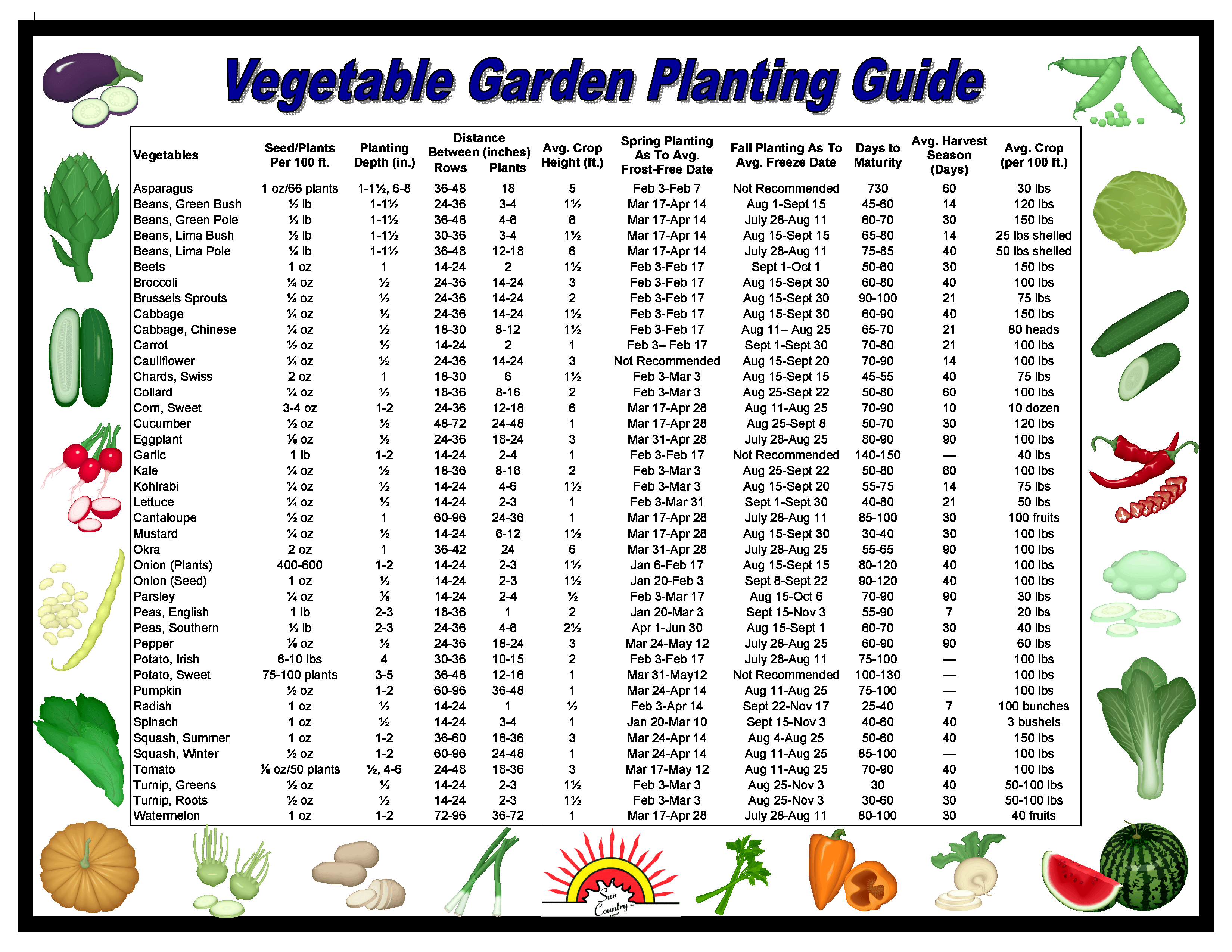Thriving Gardens: Your Guide to Vegetable Gardening in Georgia
Imagine biting into a juicy, sun-ripened tomato you’ve grown yourself, the sweet taste of success mingling with the earthy flavors of Georgia soil. Homegrown vegetables offer unparalleled freshness and flavor, and with Georgia’s favorable climate, cultivating your own thriving garden is within reach. Whether you're a seasoned gardener or just starting out, this comprehensive guide will provide you with the knowledge and resources you need to succeed in vegetable gardening in Georgia.
Georgia's climate, characterized by mild winters and long, hot summers, offers a unique opportunity for vegetable cultivation. The state's diverse geography, ranging from the mountainous north to the coastal plains, allows for a wide variety of vegetables to flourish. Understanding the specific needs of each plant, combined with a knowledge of Georgia’s growing seasons, is key to a bountiful harvest.
Historically, agriculture has played a vital role in Georgia's economy, with vegetable production being a significant component. From family farms to commercial operations, growing vegetables has been a deeply rooted tradition in the state. This legacy continues today, with an increasing number of Georgians embracing the benefits of home gardening and locally sourced produce. The importance of vegetable gardening extends beyond the dinner table, contributing to healthier lifestyles, stronger communities, and a more sustainable environment.
Cultivating a thriving vegetable garden in Georgia isn't without its challenges. Common issues include dealing with pests, managing diseases, and adapting to the state’s sometimes unpredictable weather patterns. Understanding these potential obstacles and implementing proactive strategies is crucial for maximizing your garden's potential.
Successfully cultivating a vegetable garden in Georgia requires planning and preparation. Before you even break ground, it's essential to assess your available space, soil conditions, and sunlight exposure. Choosing the right vegetables for your specific microclimate and understanding their individual growing requirements will significantly increase your chances of success.
One of the greatest benefits of vegetable gardening in Georgia is the ability to enjoy fresh, flavorful produce throughout much of the year. From spring greens to summer tomatoes and fall root crops, the state's long growing season provides ample opportunities for a diverse and abundant harvest. This reduces reliance on commercially grown vegetables, offering a more sustainable and cost-effective approach to healthy eating.
Another advantage is the positive impact on your health and well-being. Gardening is a physically active pursuit, providing exercise and fresh air. Furthermore, consuming homegrown vegetables ensures you're getting the maximum nutritional value from your produce, free from harmful pesticides and chemicals.
Finally, vegetable gardening fosters a deeper connection with nature and a greater appreciation for the food we eat. The process of nurturing plants from seed to harvest is incredibly rewarding, providing a sense of accomplishment and a deeper understanding of the natural world.
An effective action plan for vegetable gardening in Georgia begins with soil preparation. Amend your soil with compost or other organic matter to improve its texture and fertility. Next, select appropriate vegetable varieties for your region and planting season. Start seeds indoors or purchase seedlings from a local nursery. Once the last frost has passed, transplant your seedlings into your prepared garden beds, ensuring proper spacing and watering. Regular weeding, pest control, and fertilization will help your vegetables thrive. Successful Georgia gardens often incorporate companion planting, crop rotation, and other sustainable practices.
Advantages and Disadvantages of Vegetable Gardening in Georgia
| Advantages | Disadvantages |
|---|---|
| Long growing season allows for multiple harvests | Hot, humid summers can be challenging for some crops |
| Diverse climate supports a wide variety of vegetables | Pest and disease pressure can be high |
| Fresh, flavorful, and nutritious produce | Requires time, effort, and dedication |
Best Practices:
1. Soil Testing: Conduct a soil test to determine its pH and nutrient levels. Amend the soil accordingly to create the optimal growing environment for your vegetables.
2. Watering Wisely: Water deeply and consistently, especially during dry periods. Consider using drip irrigation or soaker hoses to conserve water and deliver moisture directly to the roots.
3. Pest and Disease Management: Implement preventative measures to minimize pest and disease issues. Use organic pest control methods whenever possible.
4. Succession Planting: Stagger your plantings to ensure a continuous harvest throughout the growing season. Plant fast-maturing crops like radishes and lettuce between slower-growing vegetables like tomatoes and peppers.
5. Mulching: Apply a layer of mulch around your plants to suppress weeds, retain moisture, and regulate soil temperature.
Challenges and Solutions:
1. Intense Summer Heat: Provide shade cloth or other protection for delicate crops during the hottest part of the day. Consider planting heat-tolerant varieties.
FAQs:
1. What vegetables grow best in Georgia? Many vegetables thrive in Georgia, including tomatoes, peppers, beans, squash, cucumbers, collards, kale, and okra.
Tips and Tricks:
Plant basil near tomatoes to repel insects.
In conclusion, cultivating a vegetable garden in Georgia offers a wealth of rewards. From the joy of harvesting your own fresh produce to the health benefits and the connection to nature, the experience is enriching and fulfilling. By understanding the specific nuances of Georgia's climate and implementing best practices, you can create a thriving garden that provides a bountiful harvest throughout the year. Embrace the challenge, reap the rewards, and discover the satisfaction of growing your own food in the heart of the Peach State. So, roll up your sleeves, get your hands dirty, and embark on this rewarding journey. The taste of your own homegrown vegetables, nurtured by the Georgia sun and soil, is an experience unlike any other. Start small, learn as you go, and enjoy the fruits (and vegetables) of your labor!
Vista angkasa apartment for rent your dream home awaits
Rethinking rooflines the allure of modern mono pitch roof design
Navigating fes zaragoza campus 2 student services














